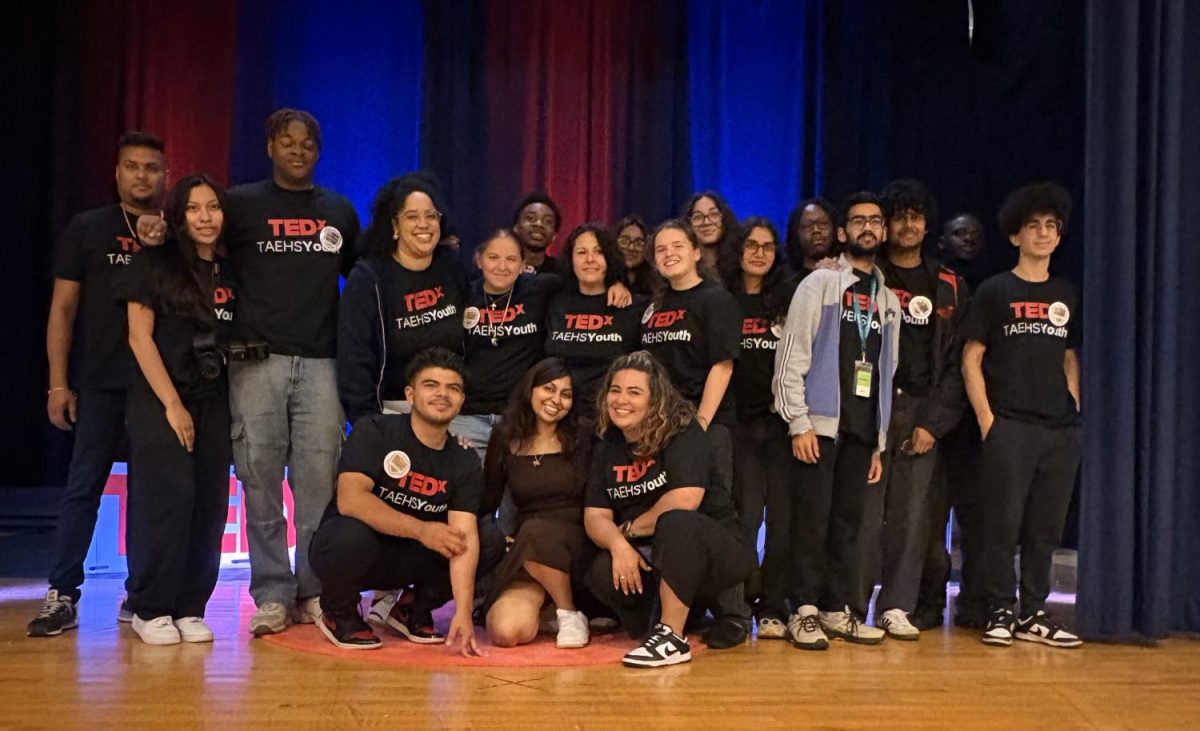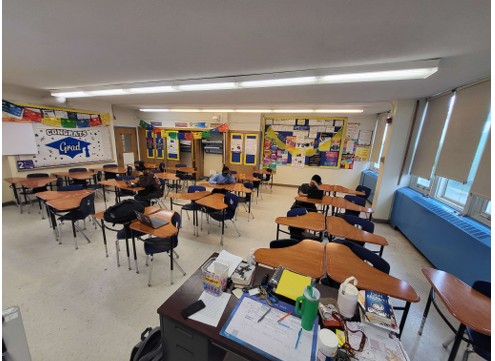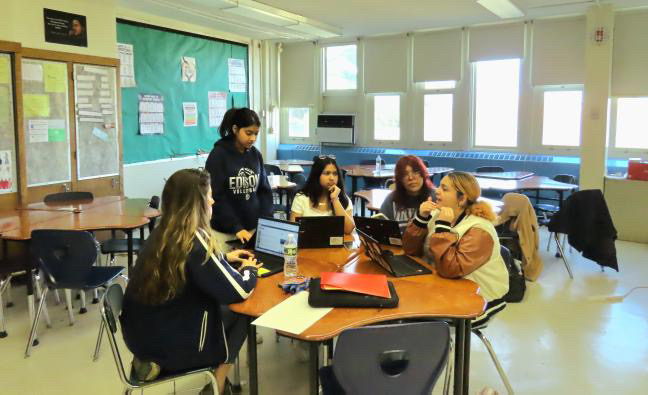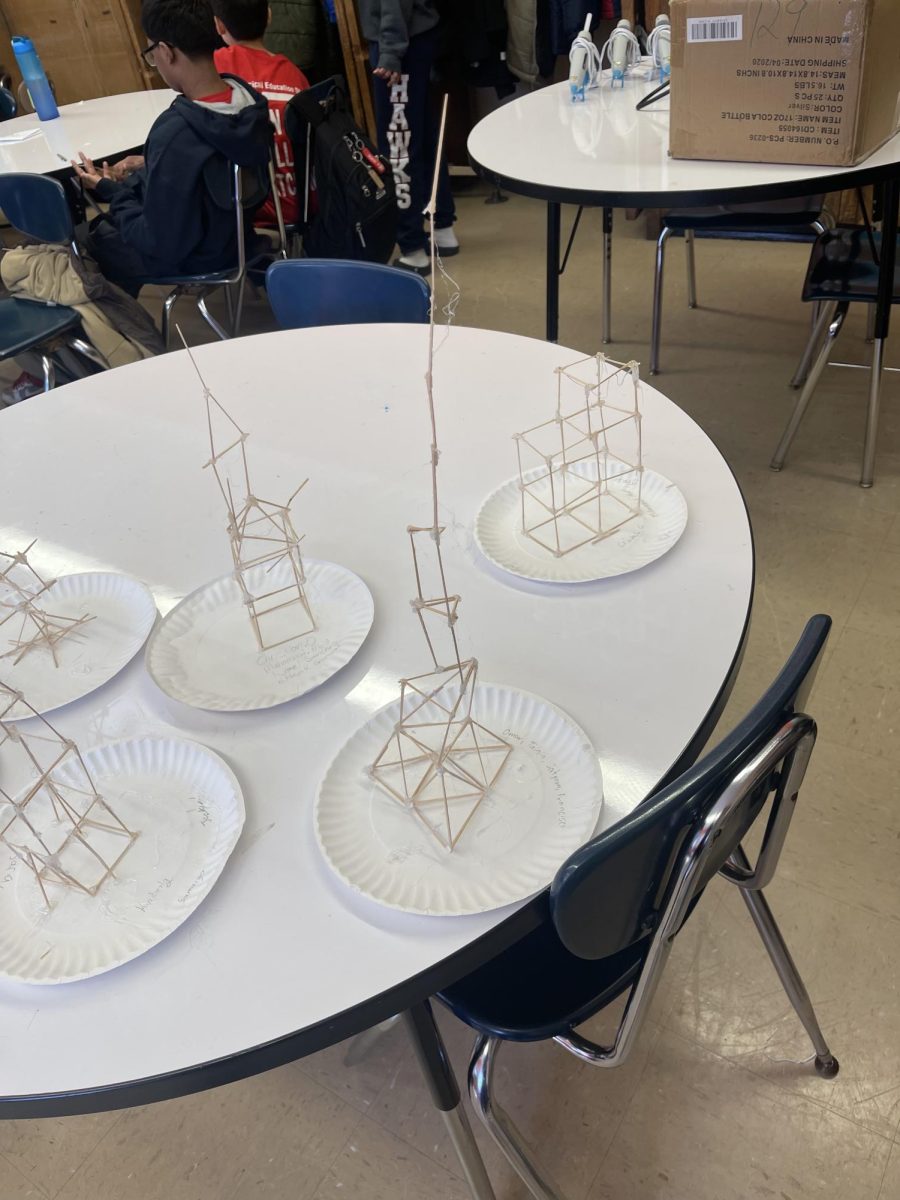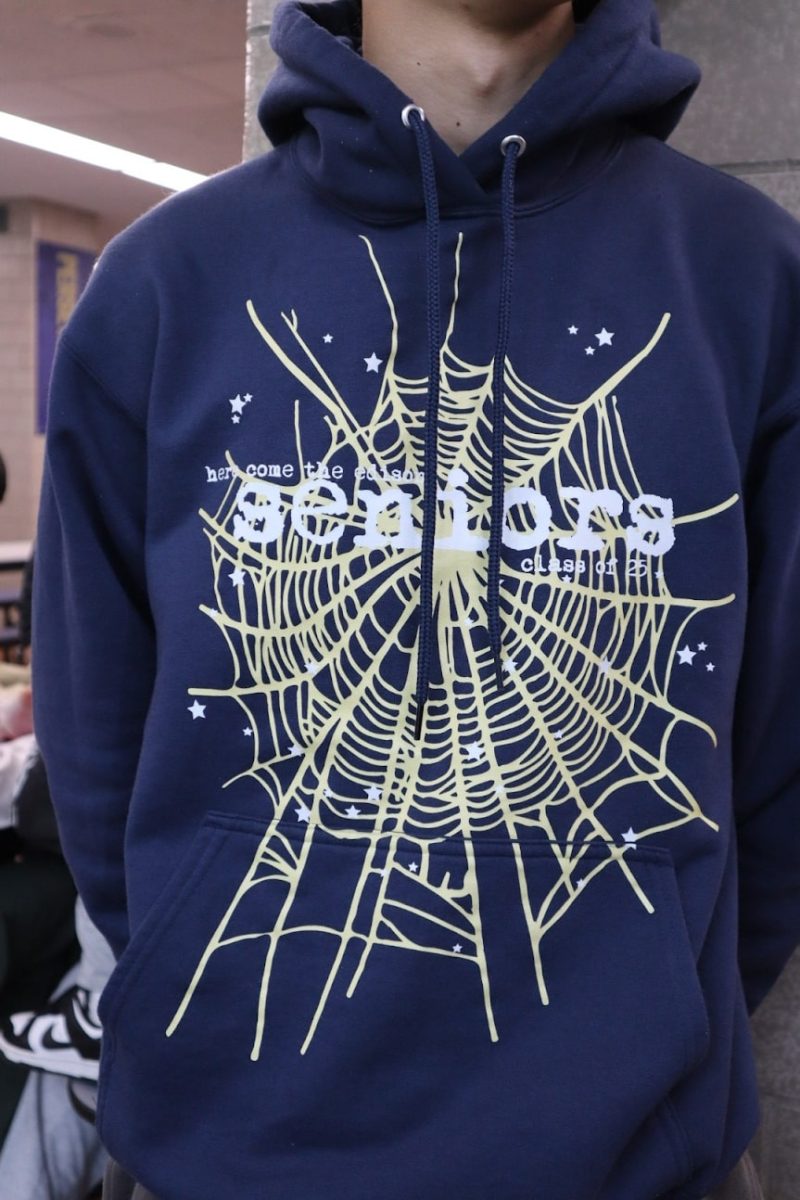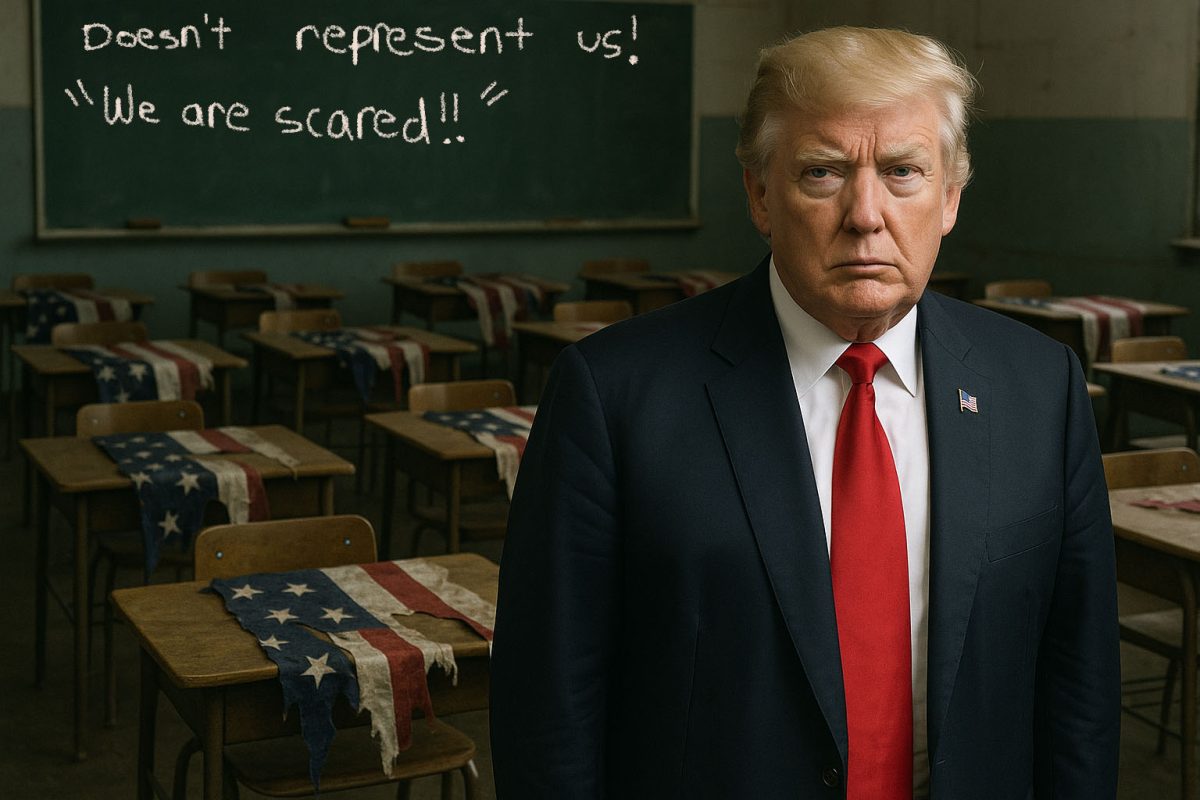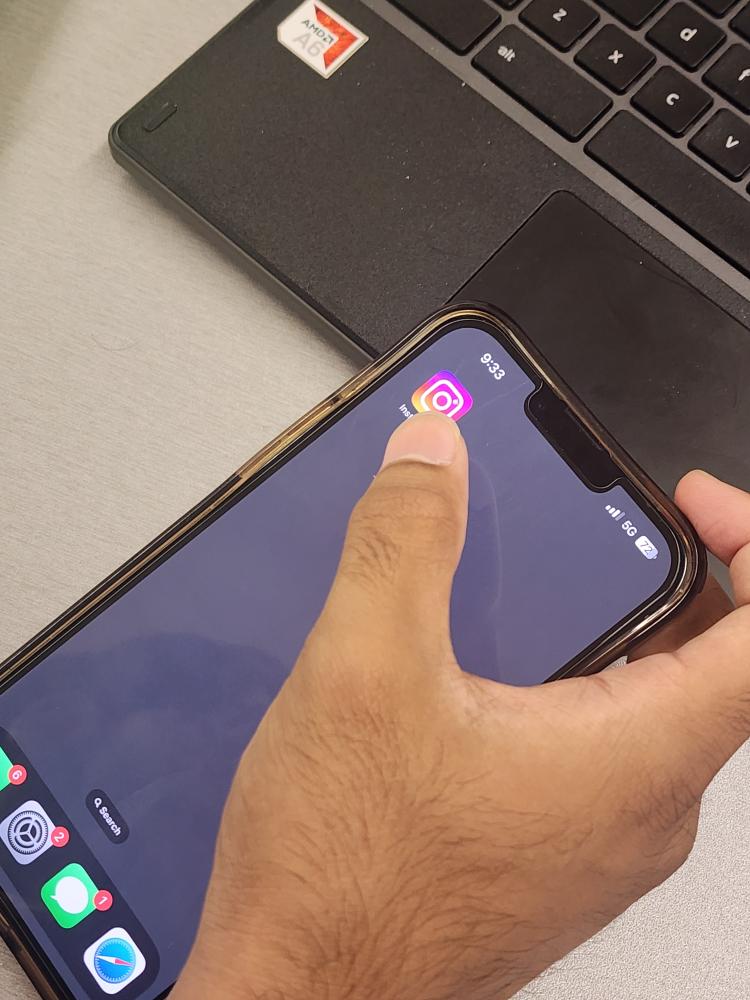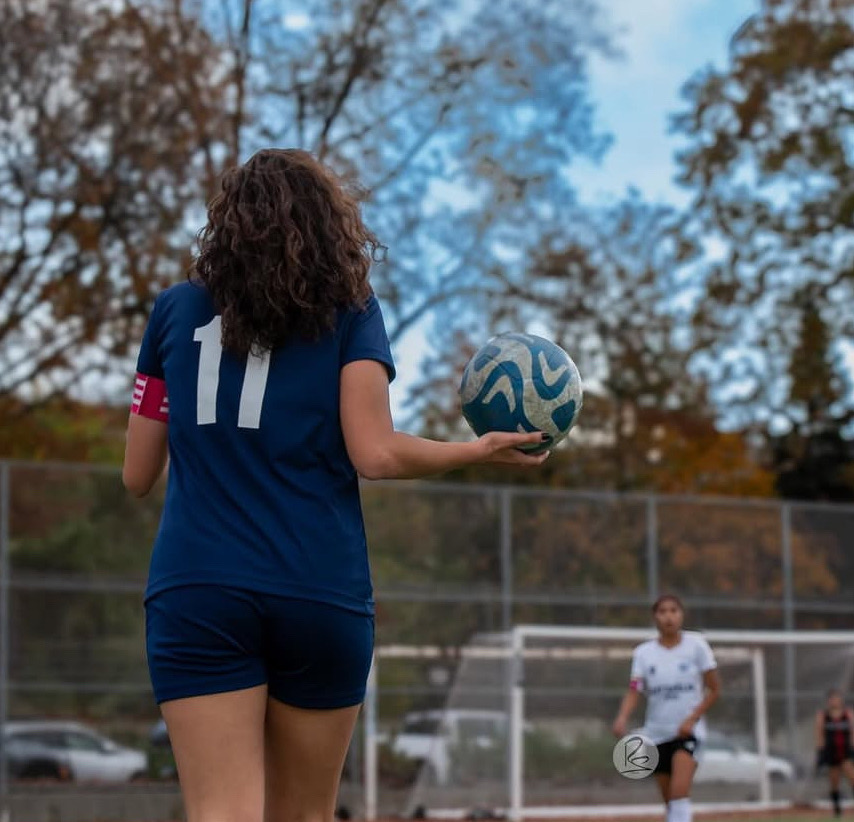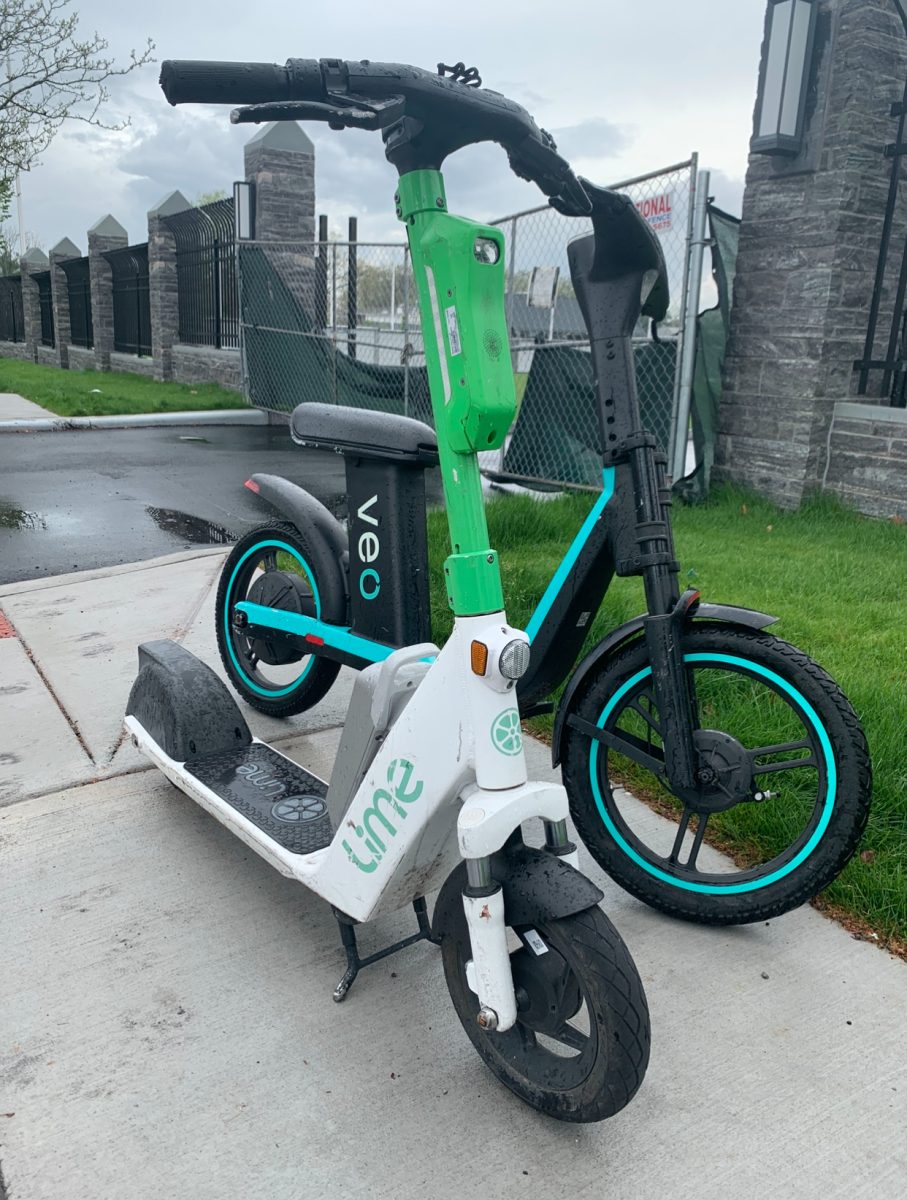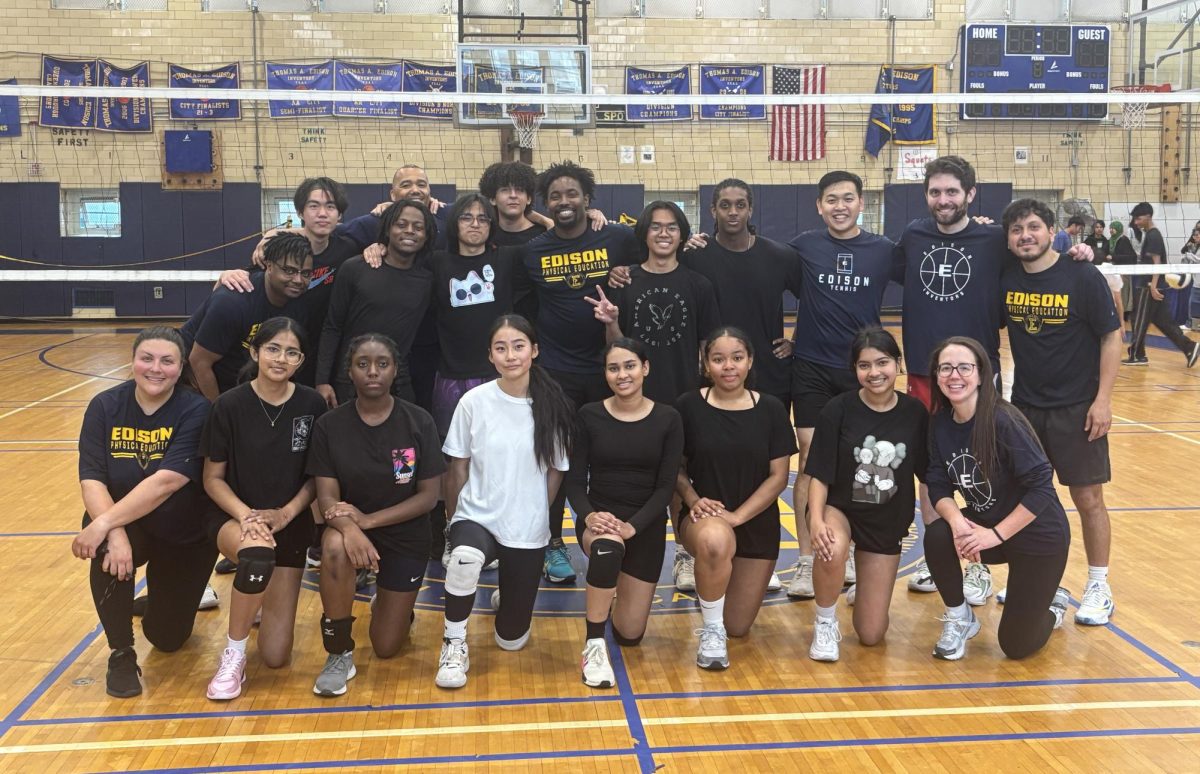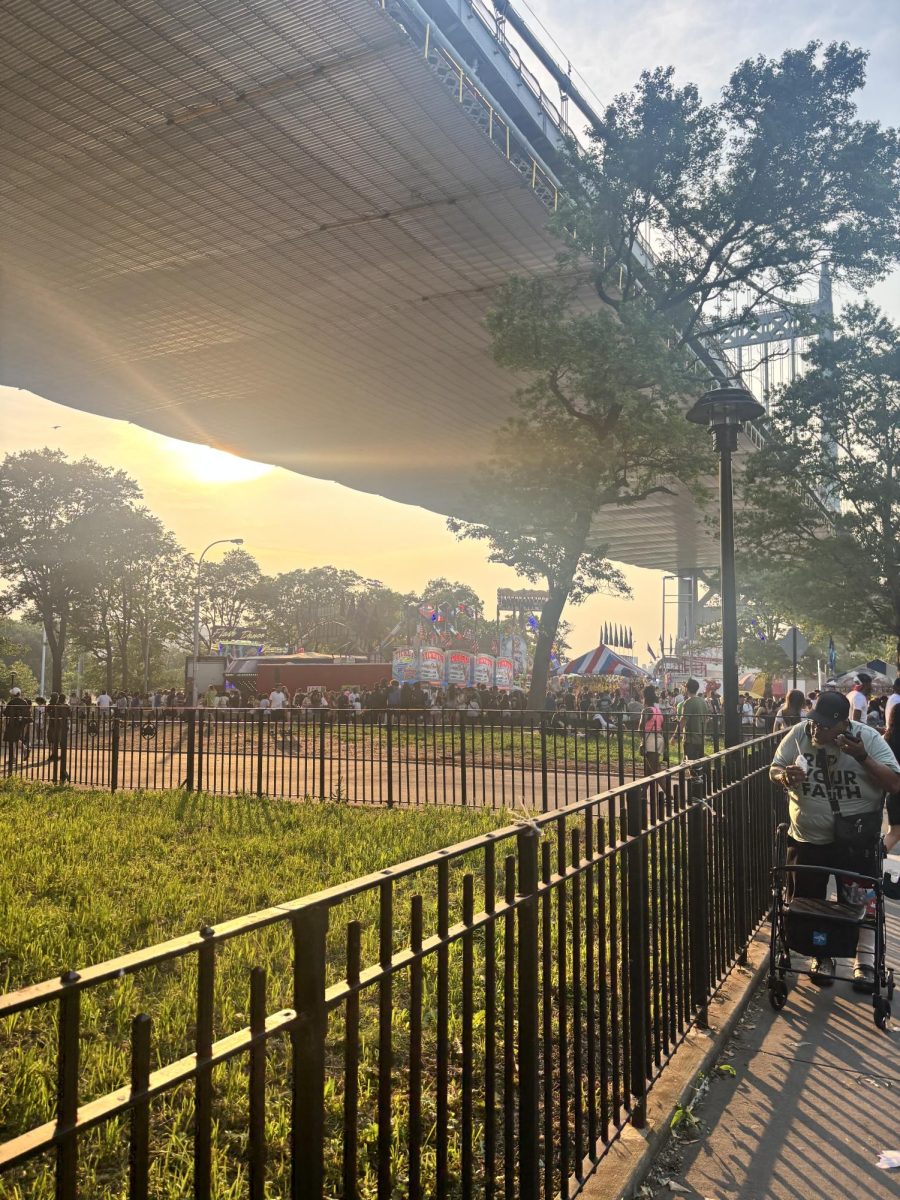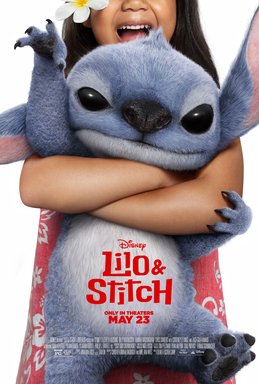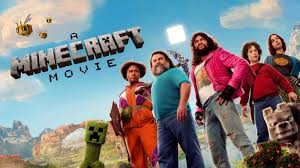The newly released docu-series, “Quiet on Set: The Dark Side of Kids TV,” shines a spotlight on the haunting realities lurking behind some of the most beloved children’s shows from the late 1990s and early 2000s. The tell-all production features Nickelodeon insiders to reveal the dark underbelly and toxic culture of an industry that has long been shielded from public view.
The primary focal point of the docu-series is Dan Schneider, who was regarded as the “Golden boy” of Nickoldean and is creator behind beloved series like “the Amanda Show,” “Zoey 101,” “Drake & Josh,” “iCarly,” and “Victorious,” who is accused of fostering a toxic work environment plagued by sexual harassment and racism. The documentary also explores how Schneider repeatedly sexualizes minors by putting them in inappropriate scenarios or making them tell inappropriate jokes. In 2018 – at the height of the #MeToo movement – Schneider was dropped by Nickelodeon after these allegations came to light.

After the documentary’s release, Schneider engaged in a 19-minute video interview with former iCarly cast member BooG!e, where he apologized for certain behaviors depicted in the series, such as requesting back massages and displaying abrupt behavior towards others.
“Watching over the past two nights was very difficult—facing my past behaviors, some of which are embarrassing and that I regret. I definitely owe some people a pretty strong apology,” Schneider said
When iCarly star Jennette McCurdy published her memoir, “I’m Glad My Mom Died,” readers speculated that she was referring to Schneider as “the creator” throughout the book, while also alleging that she rejected a $300,000 offer from Nickelodeon to remain silent about her experiences with the network. Her book catalyzed a movement among former child stars, predominantly from Disney and Nickelodeon, who began speaking out about the abuse they endured within the industry, often at the hands of the companies for which they worked.
“Nickelodeon is offering me three hundred thousand dollars in hush money to not talk publicly about my experience on the show? My personal experience of The Creator’s abuse? This is a network with shows made for children. Shouldn’t they have some sort of moral compass? Shouldn’t they at least try to report to some sort of ethical standard?,” McCurdy wrote.
Perhap the most unsettling account on “Quiet on Set” is the case of Jason Handy, a production assistant on popular shows like “All That” and “The Amanda Show” in the early 2000s. Once perceived as a friendly and helpful presence by parents and children on set was tinted after his arrest in April 2003 where law enforcement discovered a disturbing collection at his home, including over 10,000 sexually explicit images of children. The docuseries features a woman who is referred to as MJ, whose daughter Brandi was identified as one of Handy’s victims.
“I no longer trusted anybody with children in this industry…I felt abandoned. There was never any apology to Brandi herself for what happened. Everything got swept under the rug,” MJ said.
The documentary emphasizes the vulnerability of child actors and advocates for increased protections within the industry, addressing long standing issues that have plagued it for years where many child actors have become the “money maker” for many. Alyson Stoner, known for her early career as a child dancer in Missy Elliott’s “Work It” video and roles in films like “Cheaper by the Dozen” and “Step Up,” in an interview with HuffPost points out that it’s not just guardians who can exploit children for personal gain but everyone involved in their careers can have financial motives that jeopardize their well-being, contributing to what Stoner describes as the “toddler-to-trainwreck pipeline” in the entertainment industry.
“As a child moves through daily industry processes, there are people who are supposed to be looking out for their well-being: guardians, set teachers who also act as welfare workers, Standards and Practices, the union…Yet, in almost every case, none of these people are actually neutral third-parties; their livelihood is intertwined with, affected by, and dependent on the child’s ability to perform and a production’s ability to get the shot on time,” Stoner said.
“Quiet on the Set” is not the first documentary to shed light on the abuse faced by child actors on set. The 2020 documentary “Showbiz Kids,” features well-known child stars from various generations who share their deeply negative experiences of working in the industry at a young age. It features interviews with well-known child stars from various generations who discuss financial and emotional exploitation, the challenges of fitting in at school, instances of sexual abuse, and the impact on family dynamics. Todd Bridges, a former star of “Diff’rent Strokes,” shares his own experience of sexual abuse in the documentary particularly with his father’s support of the abuse.
“When my dad took his side, it crushed me. It ruined me, actually, because then I was on a self-destruction course to destroy myself just to hurt him,” Bridges said.
Bridges’ descent into self-destruction is not an isolated incident. From Judy Garland, to Drew Barrymore and Brooke Shields, child stars have been sharing their stories of abuse in the hands of the entertainment industry for decades. What becomes increasingly evident, through works like “I’m Glad My Mom Died” and “Showbiz Kids,” is that many child actors believe they have paid a heavy toll for the price of fame, a reality often overlooked by the general public.
“When I was six years old, [my mom] pushed me into a career I didn’t want. I’m grateful for the financial stability that my career has provided me, but not much else…I was not equipped to handle the entertainment industry and all of its competitiveness, rejection, stakes, harsh realities, fame. I needed that time, those years, to develop as a child. To form my identity. To grow. I can never get those years back,” McCurdy wrote.
Through its unflinching portrayal of the dark side of the entertainment industry, “Quiet on Set” highlights the vulnerability of child actors and calls for increased protections within the industry. The series prompts a necessary conversation about the ethical standards and accountability that should be upheld by networks and those involved in a child actor’s career. It serves as a reminder that fame and wealth can come at an unimaginable cost for young individuals, a reality that often goes unnoticed by the general public.

